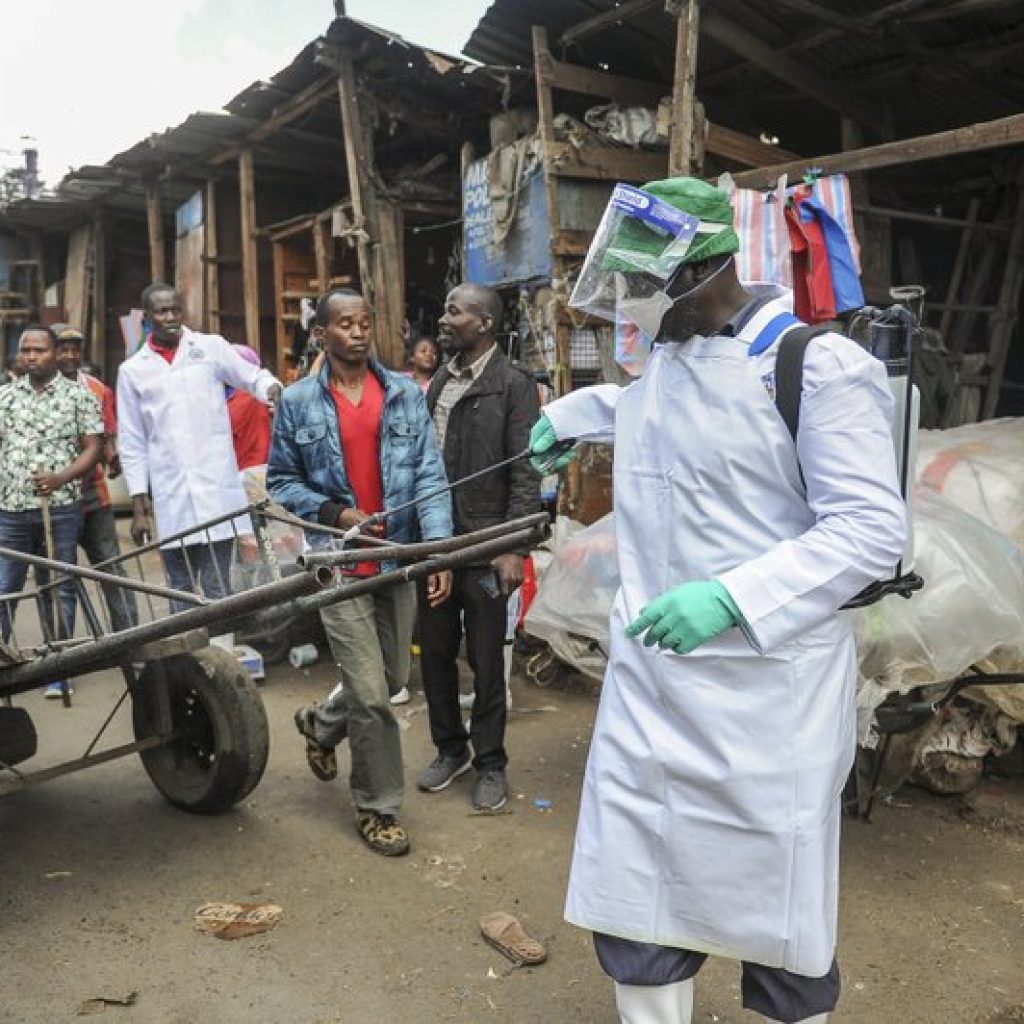Coronavirus is Breaking Nigeria’s Patron-Client Networks

Nigeria is, in many respects, a miracle.
The fact that this teeming nation of 200 million people continues to successfully operate on a day-to-day basis without falling off the cliff into full blown sectarian violence and state failure is an impressive feat – and yet, here we are, 30 years after the civil war. You can understand why many Nigerians may feel a certain dispassion toward wide-eyed declarations of crisis – if they’ve made it this far, they could make it through anything.
But COVID-19, I might suggest, represents something unprecedented for Africa’s biggest economy, a crisis which may force some major changes for better and worse.
Writing over on the Council of Foreign Relations blog, former diplomat and author John Campbell has a very sharp take on how the virus is upending some of the crucial mechanisms that keep Nigeria’s chaos manageable – the client-patronage networks which run the oil revenues from the top to the bottom. Although these networks are inherently unequal and ungoverned, they still always served as a glue that kept various constituencies working together in the absence of government services. So what happens when that glue comes apart? From Campbell:
An elite cartel long ago “captured” the Nigerian state to personally profit from government oil revenue and government offices with lucrative salaries and benefits. The retirement packages for some state governors, for example, includes paid-for maids, cooks, and chauffeurs, and annual pensions multiple times their salaries that can reach as high as half a million dollars, more than the salary of the U.S. president. For all its faults, this system has kept the country together with no repeat of the 1967-70 civil war, which resulted in some 2 million dead. In a society organized by patronage-clientage networks, oil revenue was shared by patrons with their clients, and patrons were also clients of other patrons. So oil moved up and down the patronage-clientage food chain and kept the system lubricated.
Despite its enormous oil wealth over time, the federal government has never provided services for the mass of the population. That is an underlying driver of the nearly incessant insurrections that plague the country, ranging from Boko Haram in the north, the oil patch (where residents benefit hardly at all from oil but now live in an environmentally degraded area) in the south, and the intercommunal and criminal violence in the Middle Belt. Insurrections have not resulted in revolution because the population is divided among 350 different ethnic groups and is split between Christians and Muslims. Nigerian national identity, which could help channel collective grievances, is weak compared to ethnic and religious loyalty.
The coronavirus should be added to the witch’s brew. The disease appears to be striking the cartel disproportionately, as they are more likely to have contracted the disease during overseas travels. This is particularly significant for the political class.
There are not a lot of people, especially in DC think tanks, writing about Nigeria with such a fine level of detail, so I’d highly recommend that readers also check out Campbell’s books as well.











